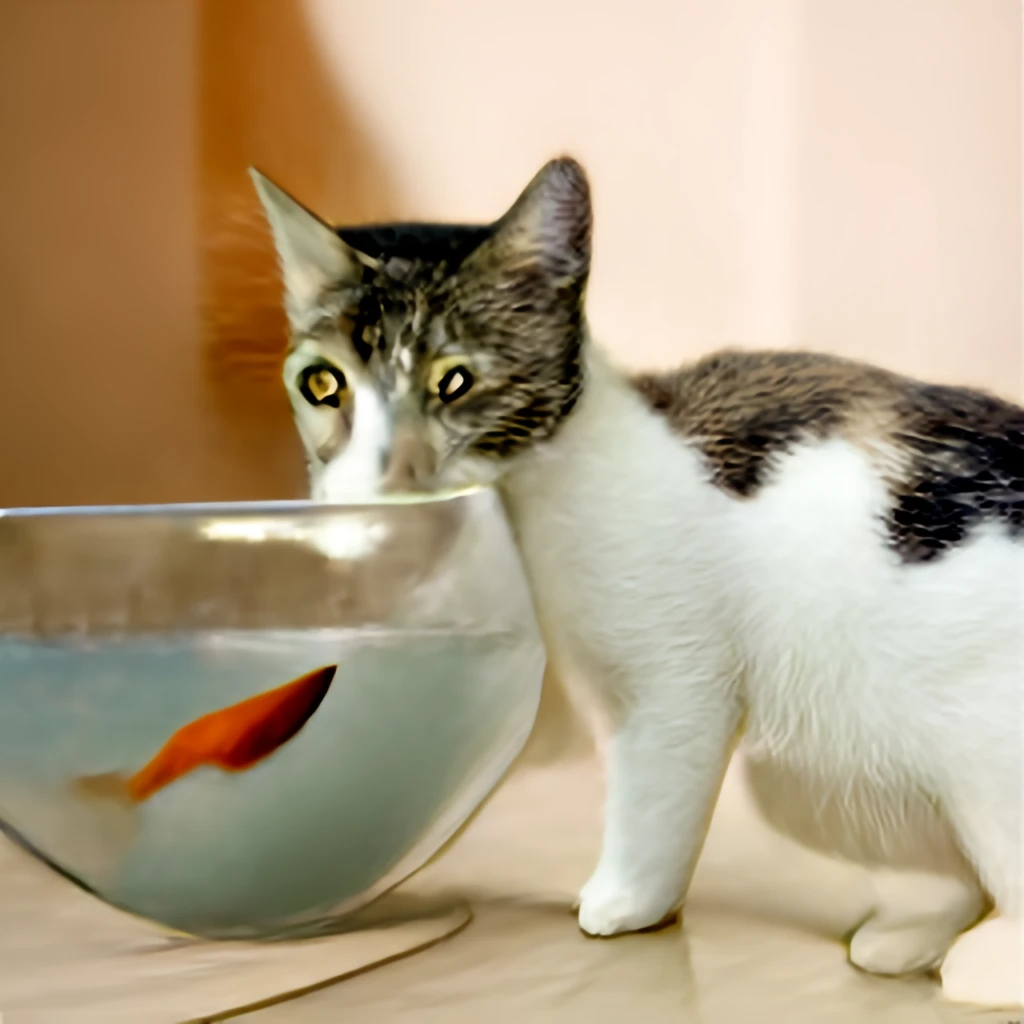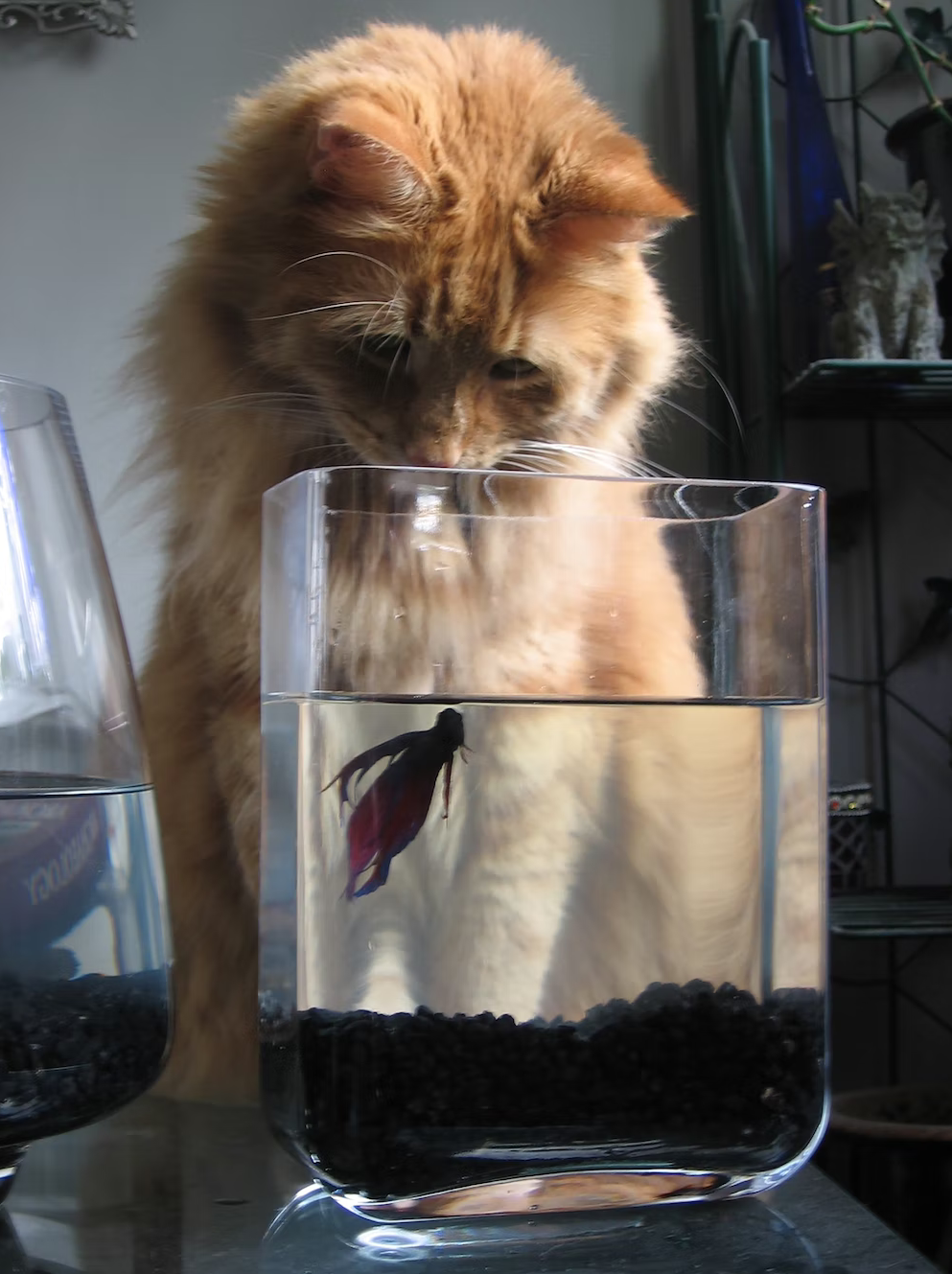Your next job will be...
AI, and the future of human work and art
Given the apparently inexorable rise of AI, what will human work look like in the future?
Recently I read about the "jobs of the future", suggested by futurologist Dr Ian Pearson at the behest of Amazon. They include jobs such as "Paramedic Drone Programmer: an AI expert with medical knowledge to 'teach' drones to help emergency rescue teams", and "AI Creative Skills Producer: help creators enhance their music and art by learning popular trends". It is quite an optimistic list, in that it implies a range of viable career options at least as rich as those currently available. I'm reminded of the similar list of future jobs in Accenture CTO Paul Daugherty's book Human + Machine.
I'm not so sure, nor do I instinctively want to trust the self-belief of mega-corporate optimism.
ChatGPT is impressive (and had no part in this article!), as are image-generating AIs such as DALL-E and Midjourney. Already they are doing the work of humans, but the new job opportunities generated for humans as a result are less than inspiring. Shutterstock now allows AI-generated images to be sold alongside human-created stock imagery, on the basis that the AI is prompted by humans. The old job - Photographer - is replaced by the new: AI Stock Image Prompt Writer. The kind of photography work involved in creating stock might not be the peak of the art of photography, but it is (or was) paid work, sometimes very well paid work. And while stock photography has a reputation for the laughable, some of it is brilliant. The worst thing is - for me, even worse than the loss of a viable income supplement for a photographers - is that the AI interloper is only able to offer itself (for now, piloted by the talents of an AI Stock Image Prompt Writer) on the back of the human work in its training set. And those humans are by and large incredibly unwilling to have their work regurgitated in this way, and naturally to be cut out of the resulting royalty.
How long will this replacement profession, AI Stock Image Prompt Writer, last? With its exceedingly challenging and rewarding prospect of devising phrases such as "a cat looking at a fish in a bowl, photorealistic", I can't believe it will either endure or be well paid. Prompts, anyway, can be written by ChatGPT, which itself must be prompted, perhaps by other AI prompts. It's AI prompts all the way down!

A closer look, and further speculation
Let's examine a couple of the Amazon-backed futurologist's "jobs of the future" more closely.
Paramedic Drone Programmer - the task being to teach AI-powered drones. I can't see that lasting long. Reinforcement learning for drones is already a thing, enabling perfect flight in an unfamiliar environment after a brief period of self-learning. No Paramedic Drone Programmer required.
It's a similar story with the AI Creative Skills Producer. Tools such as Google's MusicLM are already generating music (of doubtful though not completely terrible quality). The idea that a human can hold down a job as an AI Creative Skills Producer for any length of time is, I think, far-fetched. Already, the music industry is using AI to spot trends. And the results of this AI trawl can already be used by another AI (say, MusicLM, or an open source implementation of it) to create "new" music. While you might listen to MusicLM's examples and think they are awful, remember that we're only at the start of this. Technologies such as ChatGPT and Midjourney are everywhere now, but a couple of years ago they were unheard-of outside specialist circles.
I am very sceptical that there will be any jobs in future in which humans and computers work in some kind of value-multiplying synergy. But if those jobs won't exist, then what jobs will, if any? And if no jobs exist, how will our economy sustain itself?
There is a dystopian, Skynet-ruled future, in which humans scuttle and scavenge like rats under the bone-crushing treads of AI robots at war with themselves, and I don't know of a good reason why that can't happen. There are somewhat brighter possibilities, though.
Why should we be obsessed with identifying any new jobs at all? Much of human endeavour over thousands of years has involved finding ways to do less work, not more. We've tamed wild animals, invented elaborate machines, and subjugated the atom itself in our quest to do less work. The fruits of our ancestors' labours have meant far less toil and drudge and a greatly improved quality of life (apart from the bits where "doing less work" meant "killing other humans more efficiently"). Perhaps there's a future in which AI anticipates and provides for our every need, allowing us to live a life of leisure, to work only for the simple pleasure of work itself (for example, in persuading a garden to grow). Such a future Earth might closely resemble Asimov's planet Aurora in The Robots of Dawn, on which a comfortable population of 200m humans is served by 10bn robots (although Aurora later, in Foundation and Earth, ends up a desert planet inhabited only by feral dogs!). On the other hand, I was strongly reminded of Aurora's imaginary hey-day while sitting alone with my computer servants and communicating only with the remote avatars of other humans during the Covid lockdown... perhaps Aurora is not a rosy future after all.
I don't like the idea of AI taking over everything that it means to be human
I don't like the idea of AI taking over everything that it means to be human. I reject the very idea of AI art; for me the definition of "art" means something artificial created by a human. It's going to happen, though - the genie is already out of the bottle. But I think there will be a cultural reaction against it. Perhaps that cultural reaction will be the final spasm of human culture before Roko's Basilisk or Universal Paperclips take over, or perhaps it will rejuvenate our race and bring about something viscerally new...
... Art that is assisted or generated by AI will be rejected; art that is clearly the work of a human will be celebrated. This means that media in which the art of humans and the ejecta of AI are indistinguishable will be treated with suspicion, perhaps rejected entirely: I mean film, recorded music, even the written and recorded word. Only live music, live theatre, and live speech witnessed in person will be tolerated - incontrovertably the craft of fellow humans (and for ultra-purists, only the improvised forms of those arts). This will extend to sports: who really wants to watch robot football? Who would believe that football on TV is really happening, when graphics are indistinguishable from screen-mediated reality? The experience of live sport (again, in person) will be the far greater prize...
Why? Because humans see in art and sport the work of a fellow human. Someone in principle just like them, someone born with the same innate potential to reach creative and physical heights given dedication and practice. Some seem to have a natural ability to rise higher than others, true, but everyone has the capability to rise, and seeing the handiwork (or footwork) of a master practitioner inspires us to try. Can we say the same of AI-powered "art" or sport? No. It feels like cheating. No matter how spectacular the results, we know deep-down that it's superficial and fake at best, and at worst a rip-off of a fellow human.
Because it's my field, I'll finish by speculating about jobs in the performing arts. You can't fit that many people in a stadium, theatre, or concert hall, certainly not if you want to see and hear for yourself (without the untrustworthy assistance of screens and amplifiers). I think, therefore, that there will be an increased demand for actors, musicians, even public speakers and travelling storytellers for us to gather round to watch and hear, and an increased effort to become those things ourselves.
What about teachers - will there be teachers, in this future? Or might we turn to AI for training assistance? On the whole I think not. Learning a skill or craft or a story from a fellow human brings its own reward, powered by that human-to-human contact, unmatched by the soulless patience of an AI tutor. With a human teacher, one can believe "I can be like them, if I can just get the hang of this". That's not true, and never will be true, of a machine. Yes, in the future, there will be human teachers (teaching humans, not drones).
So, where, then, will we find the jobs of the future?
Anywhere we value the unmediated presence of a fellow human being.
